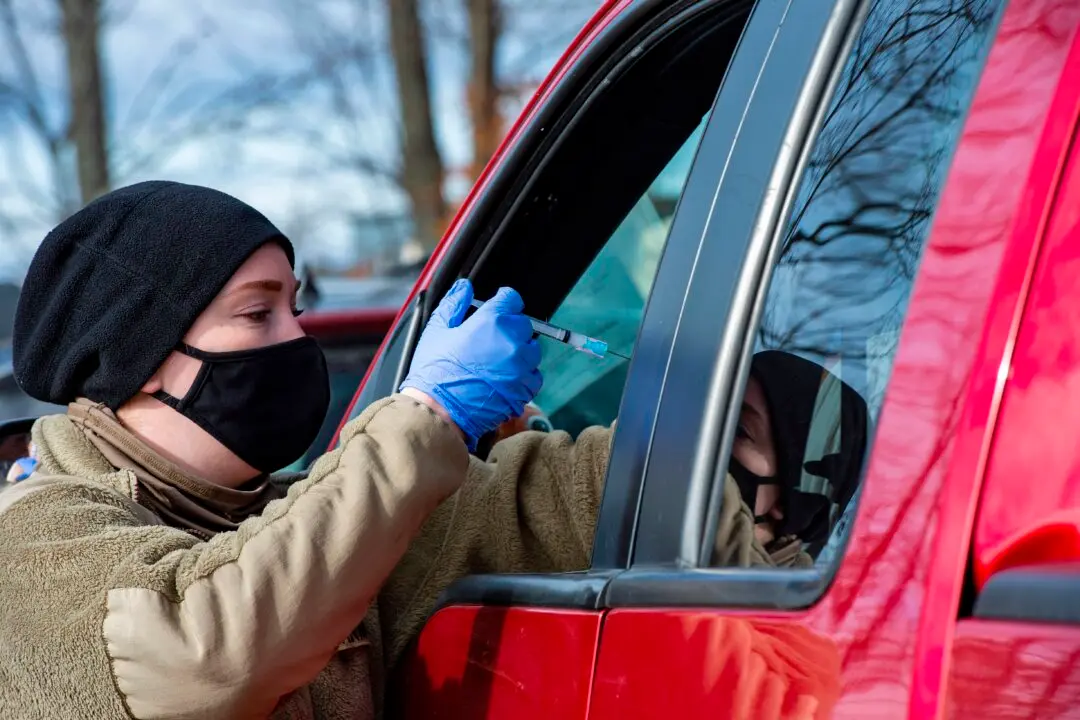Italian authorities reported 16 cases of the new coronavirus on Friday, as the country grappled with the surge after having just three total confirmed one day earlier.
Six patients were in the northern town of Codogno, prompting bars, schools, and offices to shut down for up to five days under an order from the mayor to try to stop the spread of the new virus, which causes the COVID-19 disease.





